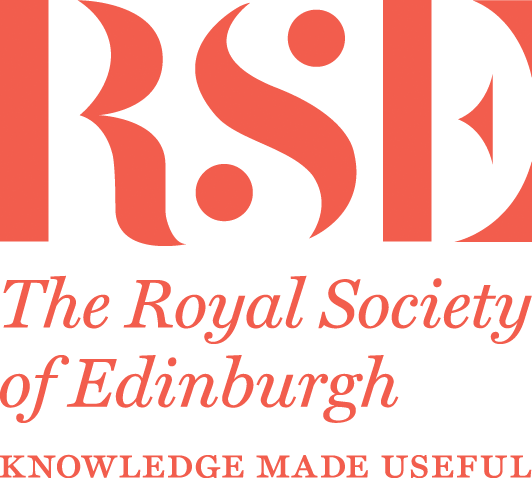Scottish Gut Project
![]()
![]()
![]()
![]()
Concerns about gastric disorders have been around for centuries, but anxiety surrounding the gut intensified
with the development of modernity. The rise of sedentary living and industrialised food processes deepened the
chasm between what was perceived as a healthy gut and the status of people’s digestive systems.
Often viewed as
out of time with the frantic pace of urban working life, the gut has been characterised as a victim of modernity
and yet the processes associated with it —consumption, absorption, disassembly, and waste— were closely allied
to the project of modernism.
Today’s scientists also note that the lifestyle changes caused by the agricultural and
industrial revolutions have profoundly altered the ecological relationships and disease patterns of populations,
notably the diversity of our gut bacteria.

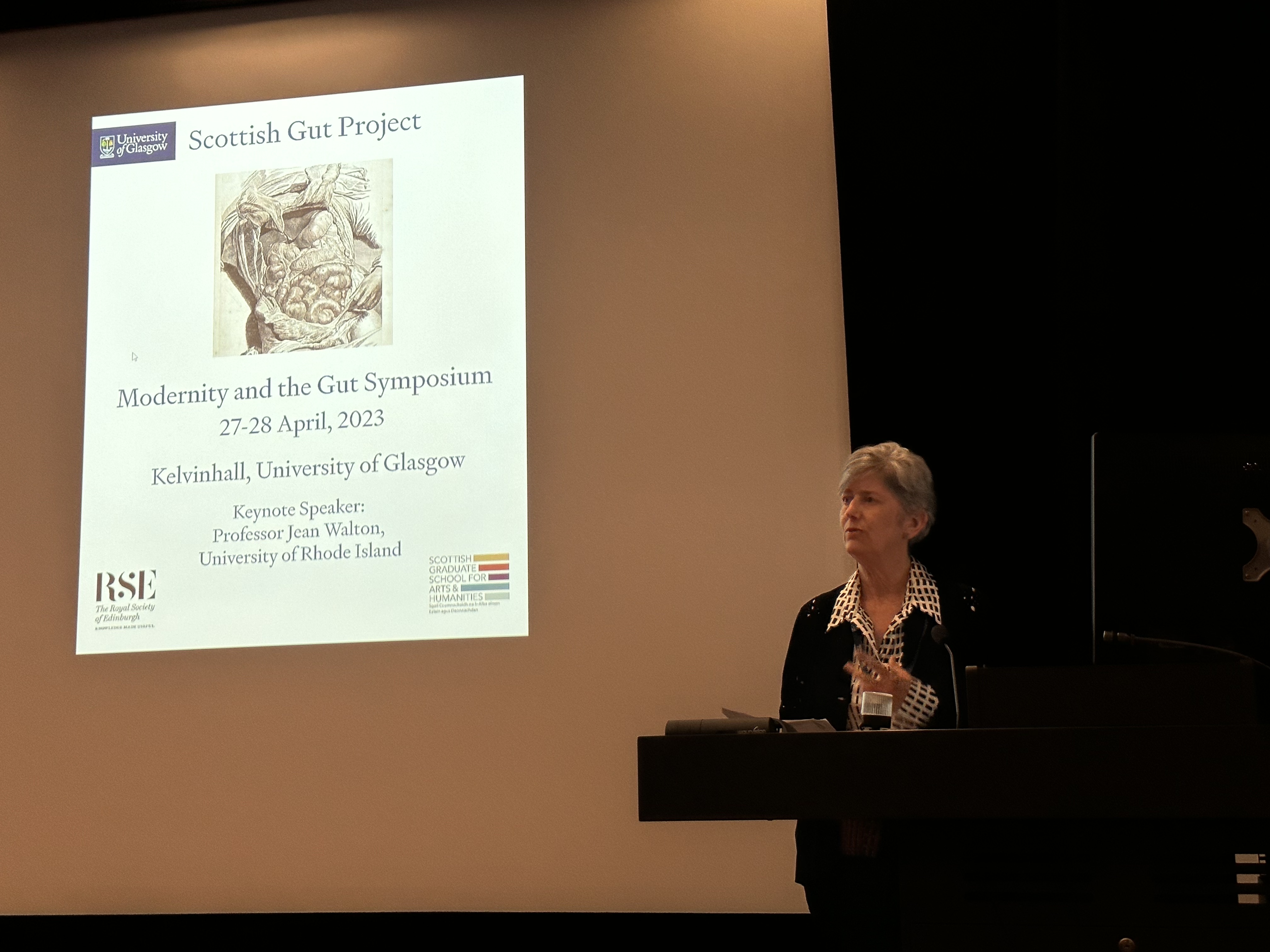
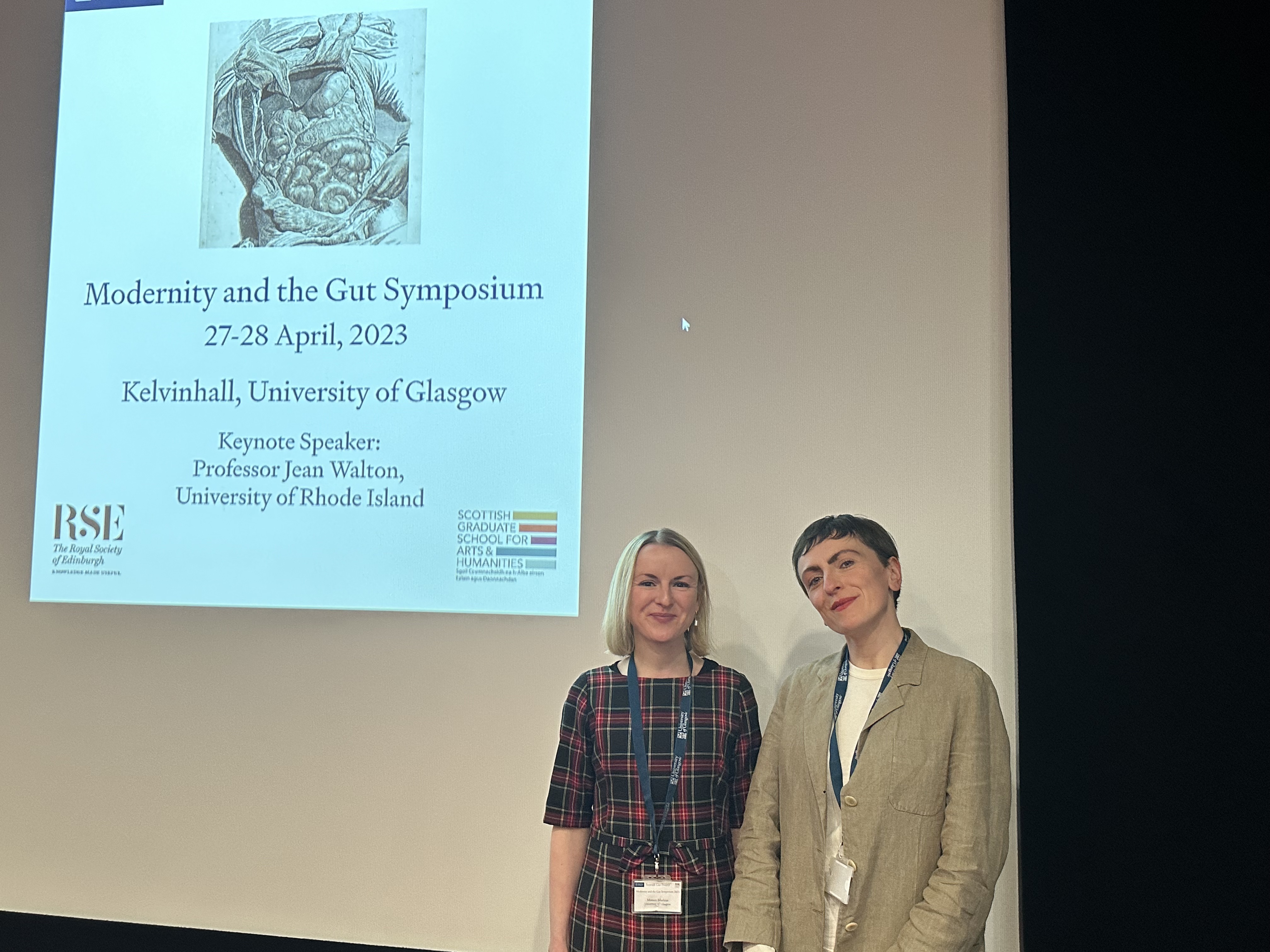
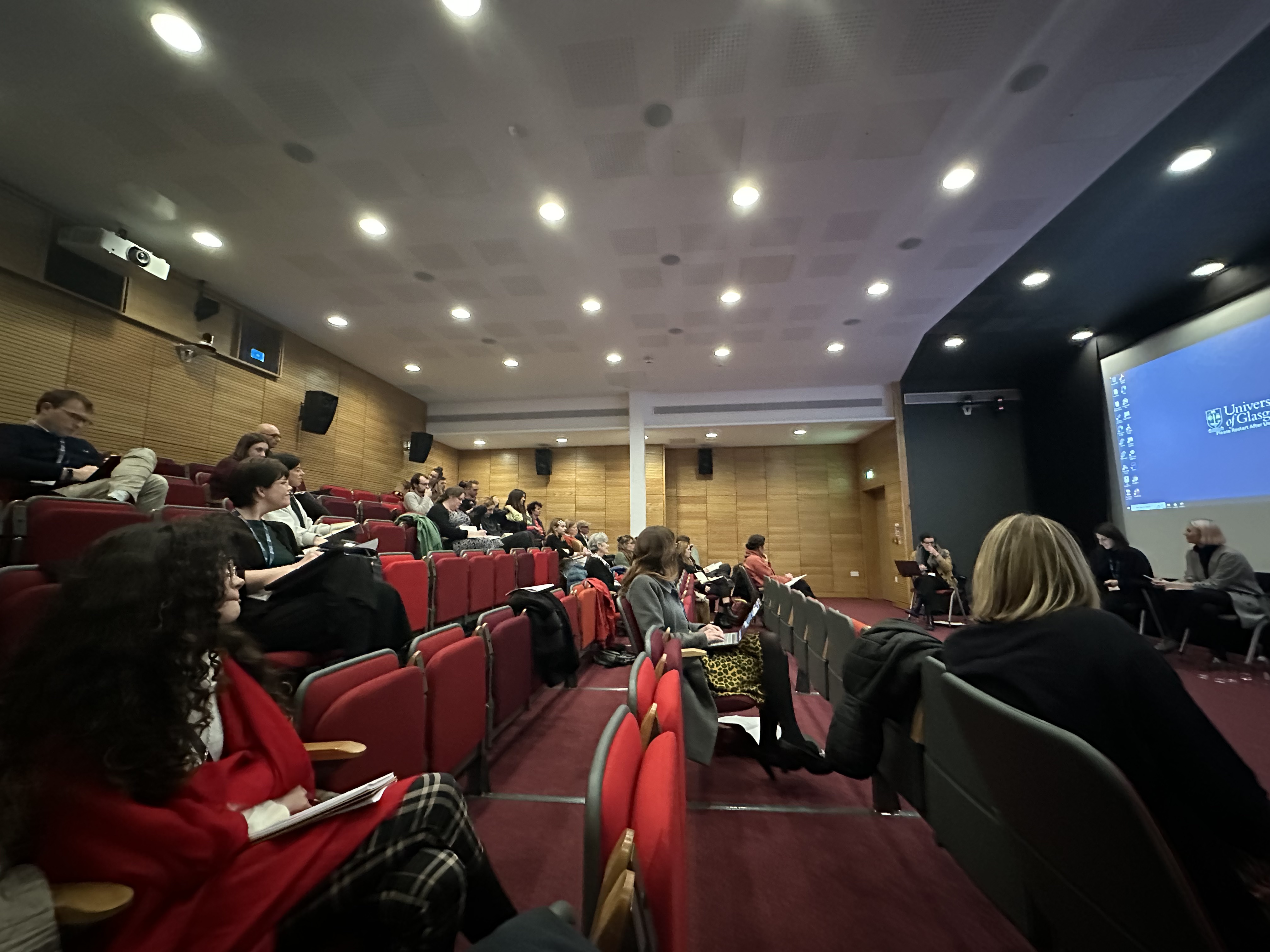
Keynote: Professor Jean Walton
We are delighted to welcome Professor Jean Walton for the symposium’s keynote presentation. Walton has enjoyed a life-long career in the University of Rhode Island’s (URI) English Department, where she has developed courses on Modernism, Film, and Gender Studies, often with an emphasis on psychoanalysis, queer theory, or social activism. Walton was the recipient of a Fulbright Lectureship to Moscow in 2001; received an American Council of Learned Societies Fellowship (ACLS) in 1997-98; and a URI Council for Research Grant to attend the Dartmouth School of Criticism and Theory, Summer 1995. Before joining the faculty at URI, she taught at Fordham University in the Bronx (1988-93). Her books include Fair Sex, Savage Dreams: Race, Psychoanalysis, Sexual Difference (in which she probes the unacknowledged whiteness at the intersections of psychoanalysis, feminism, and queer theory), Buffalo Trace: A Threefold Vibration (in which she and co-authors Mary Cappello and James Morrison reflect on their queer intellectual coming-of-age while grad students at SUNY/Buffalo in the eighties), and Mudflat Dreaming (a literary non-fiction book about 1970s squatters on the shorefront of her hometown of Vancouver). This last book shares some of her decades-long interest in matters of waste, human and urban metabolism, and bodily or performative forms of social and political dissidence. She will be talking today about some of these concerns as explored in her latest book, Dissident Gut: Technologies of Regularity, Politics of Revolt.
Kelly Adamson, Adam Bencard, Laura González, Maya Hey, Vanessa Höving, Sylvain Lallier, Megan MacGregor, Louise Morgan, Deren Pulley, Derek Ryan, Bee Sachsse, Sofia Sandalli, Genevieve Smart, Marita Vyrgioti, Christina Walter, Matthew Wolf-Meyer Naomi Wynter-Vincent
Peter Adkins, Adam Bencard, Rhodri Hayward, Ian Miller, Hannah Proctor
We are delighted to welcome Professor Jean Walton for the symposium’s keynote presentation. Walton has enjoyed a life-long career in the University of Rhode Island’s (URI) English Department, where she has developed courses on Modernism, Film, and Gender Studies, often with an emphasis on psychoanalysis, queer theory, or social activism. Walton was the recipient of a Fulbright Lectureship to Moscow in 2001; received an American Council of Learned Societies Fellowship (ACLS) in 1997-98; and a URI Council for Research Grant to attend the Dartmouth School of Criticism and Theory, Summer 1995. Before joining the faculty at URI, she taught at Fordham University in the Bronx (1988-93). Her books include Fair Sex, Savage Dreams: Race, Psychoanalysis, Sexual Difference (in which she probes the unacknowledged whiteness at the intersections of psychoanalysis, feminism, and queer theory), Buffalo Trace: A Threefold Vibration (in which she and co-authors Mary Cappello and James Morrison reflect on their queer intellectual coming-of-age while grad students at SUNY/Buffalo in the eighties), and Mudflat Dreaming (a literary non-fiction book about 1970s squatters on the shorefront of her hometown of Vancouver). This last book shares some of her decades-long interest in matters of waste, human and urban metabolism, and bodily or performative forms of social and political dissidence. She will be talking today about some of these concerns as explored in her latest book, Dissident Gut: Technologies of Regularity, Politics of Revolt.
Kelly Adamson, Adam Bencard, Laura González, Maya Hey, Vanessa Höving, Sylvain Lallier, Megan MacGregor, Louise Morgan, Deren Pulley, Derek Ryan, Bee Sachsse, Sofia Sandalli, Genevieve Smart, Marita Vyrgioti, Christina Walter, Matthew Wolf-Meyer Naomi Wynter-Vincent
Peter Adkins, Adam Bencard, Rhodri Hayward, Ian Miller, Hannah Proctor
MODERNITY + THE GUT
Kelvinhall | University of Glasgow
27th - 28th April 2023




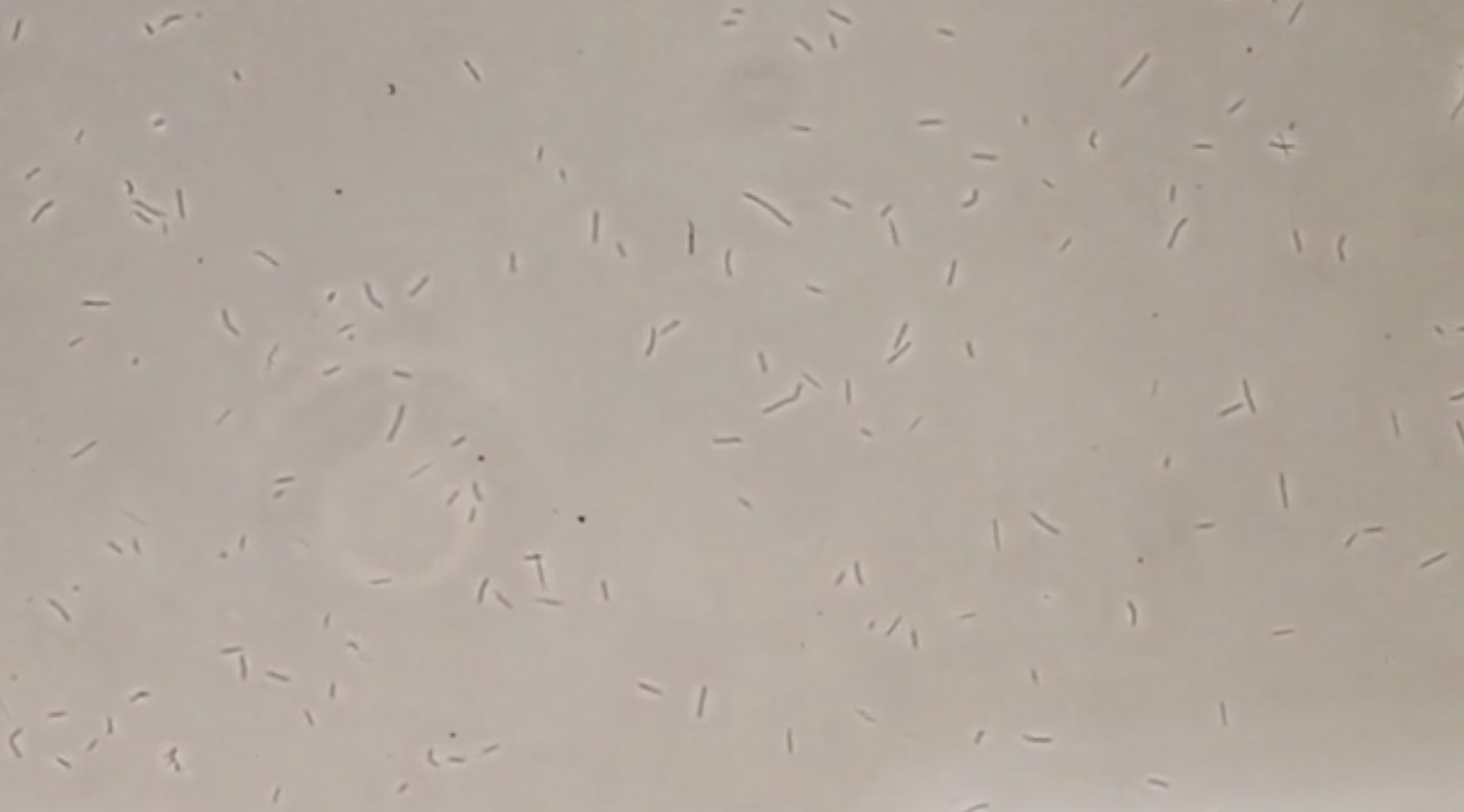

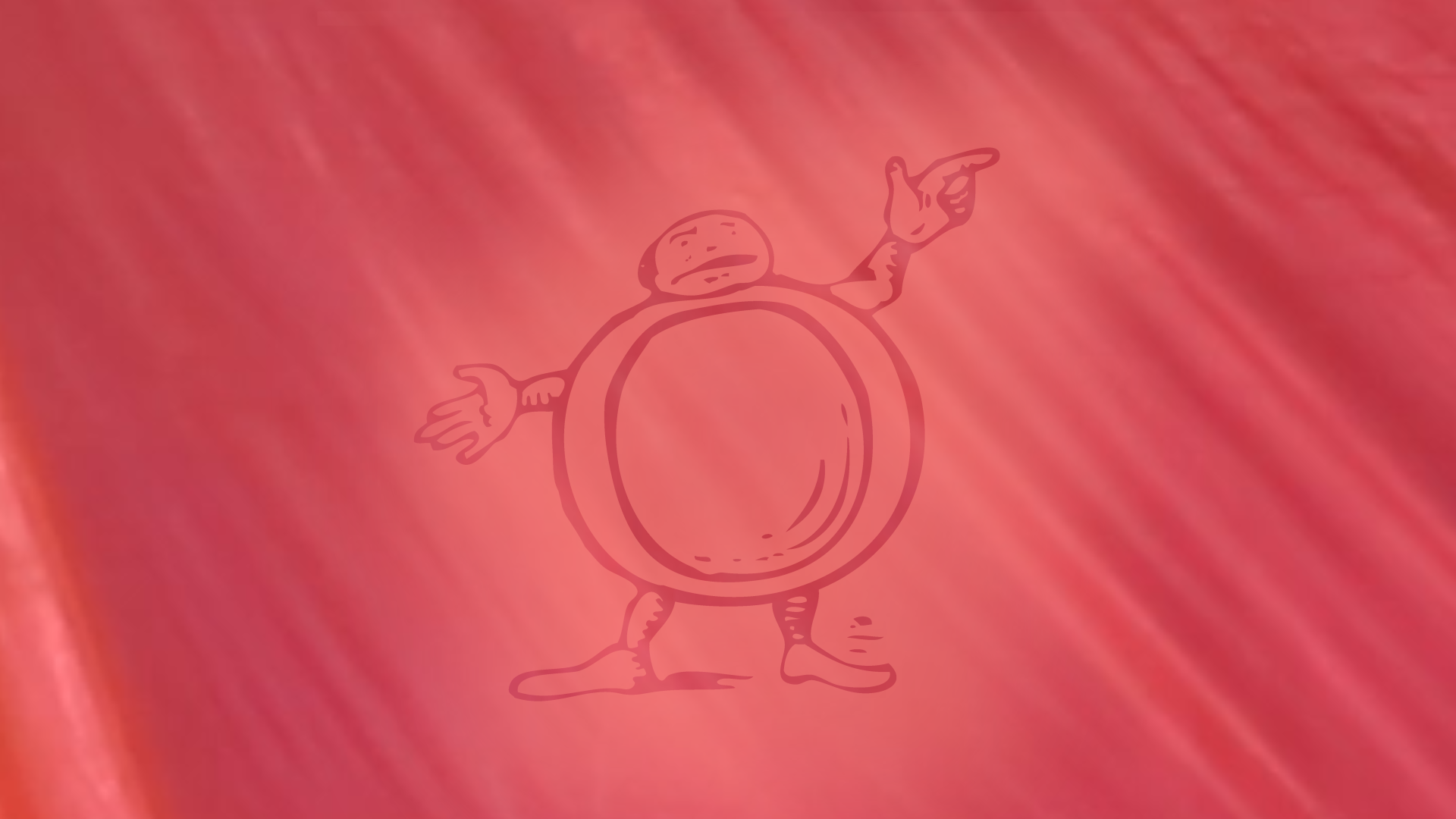
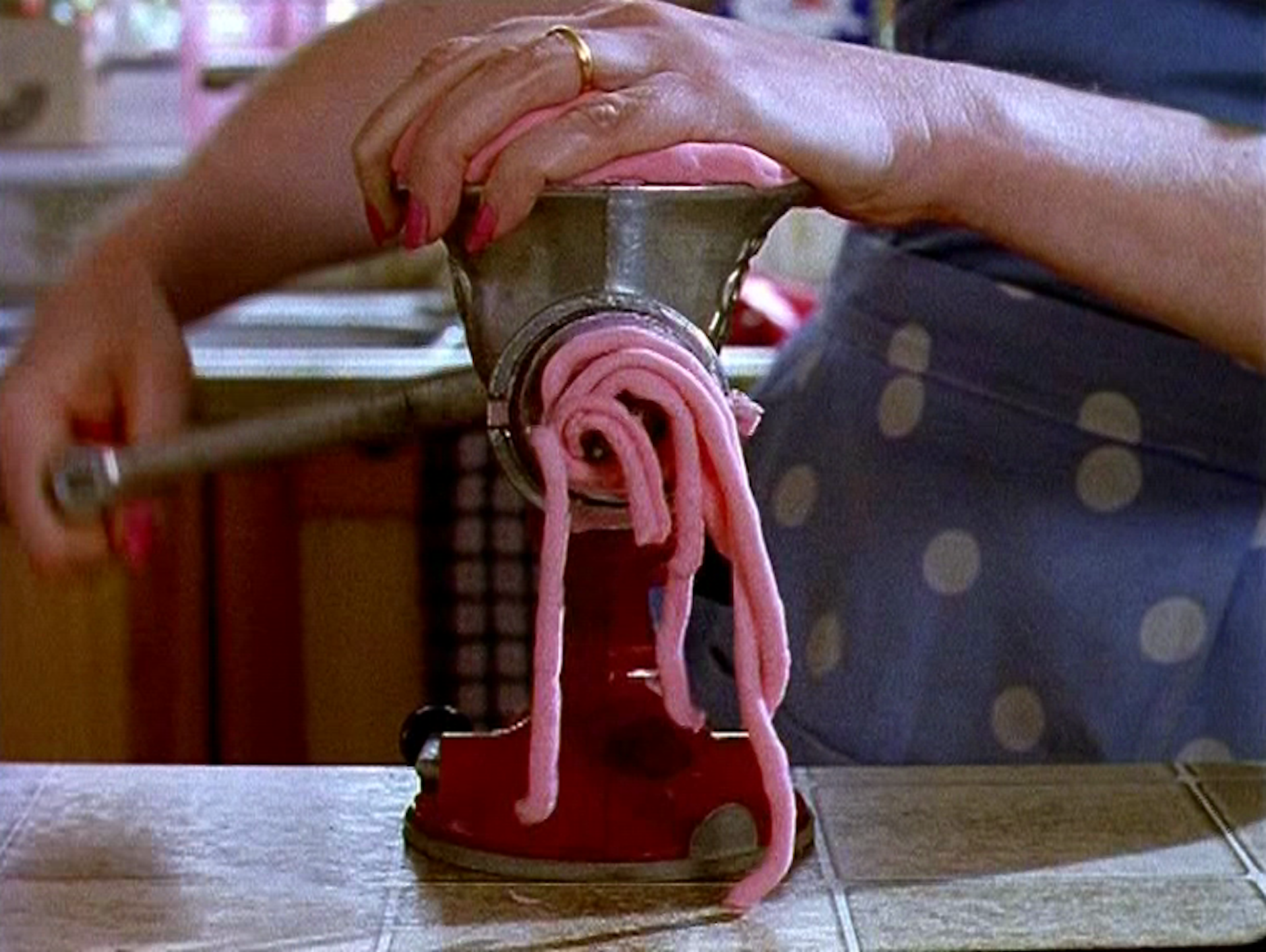
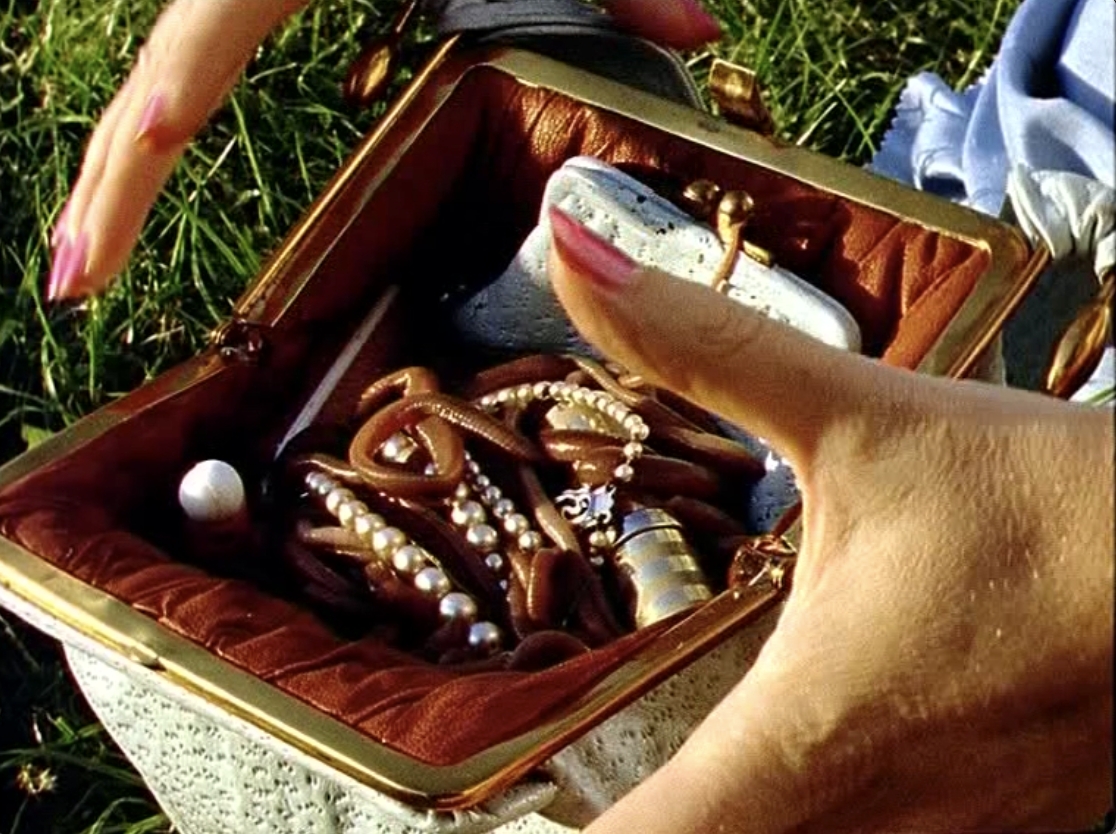


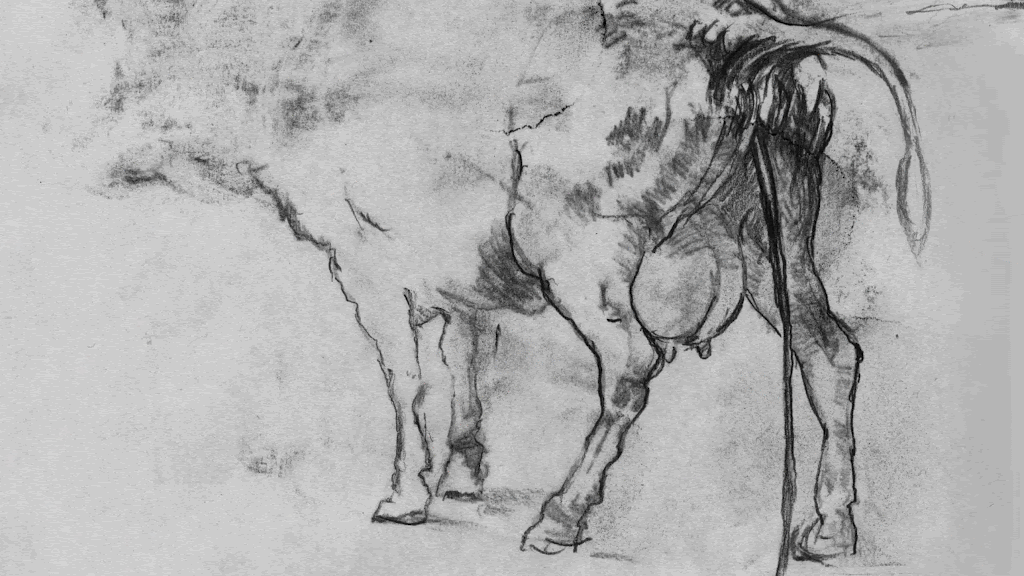
Living Together was presented as public closing event of the Modernity and the Gut Conference. The relationship between our human and non-human selves is often described as symbiotic. Yet ‘symbiosis’—a biological term used to describe a connection between two organisms—is often used as a synonym for balance, harmony, and equilibrium, glossing over the complexity of both the term itself and the complexity of our kinship with the non-human world. No relationship is ever so straightforward; as poet Daisy Lafarge writes ‘I had to keep reminding myself that parasitism was a type of symbiotic relationship and not its opposite’.
Featuring works by Maria Fernandez Pello, Lucy Beech, Roz Mortimer, Jenna Sutela, and Kirsty Hendry, Living Together explores digesting, ingesting, and metabolising as practices of self-making and unmaking.
The works in Living Together exploit scale to reveal the complex drama that unfold beyond the limits of human perception; internal life and interior spaces might also contain outer-spaces and other worlds. Living Together dwells on the idea that our understanding of what is internal/external, inside/outside, self/other is maybe a question of perspective?
You can find the full programme and screening notes here
Featuring works by Maria Fernandez Pello, Lucy Beech, Roz Mortimer, Jenna Sutela, and Kirsty Hendry, Living Together explores digesting, ingesting, and metabolising as practices of self-making and unmaking.
The works in Living Together exploit scale to reveal the complex drama that unfold beyond the limits of human perception; internal life and interior spaces might also contain outer-spaces and other worlds. Living Together dwells on the idea that our understanding of what is internal/external, inside/outside, self/other is maybe a question of perspective?
You can find the full programme and screening notes here
LIVING TOGETHER
Kelvinhall | University of Glasgow
28th April 2023
Glasgow Science Festival ︎︎︎ Digesting Journeys
Event ︎︎︎ A Digest
Conference ︎︎︎ Modernity + The Gut
Writing ︎︎︎ Publications
Glasgow Science Festival︎︎︎Digesting Journeys
Event ︎︎︎ A Digest
Conference ︎︎︎ Modernity + The Gut
The Scottish Gut Project is supported by The Royal Society of Edinburgh
